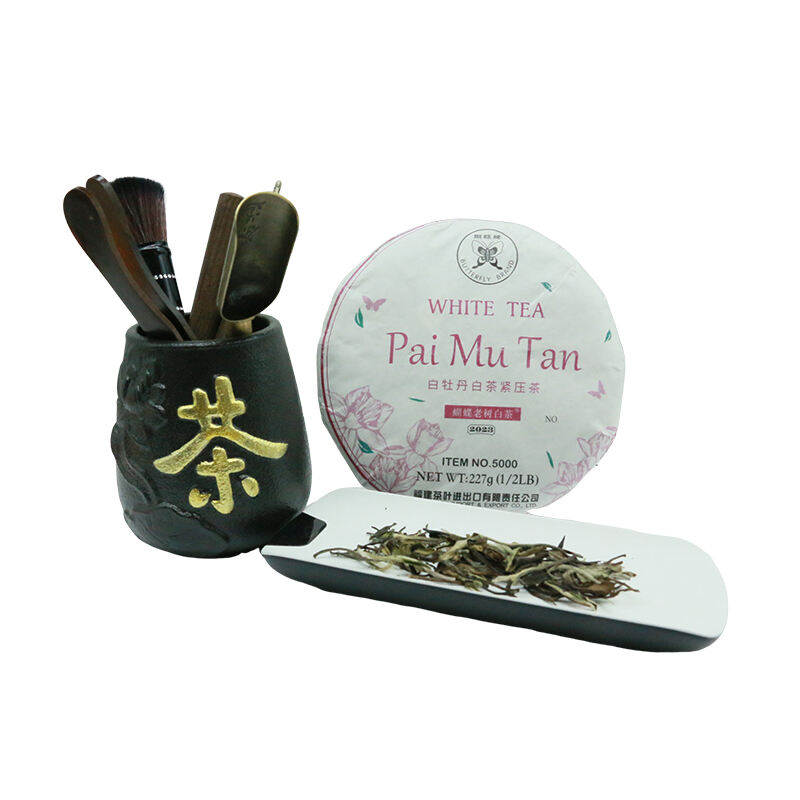
China Tea: What Makes Premium White Tea Premium?
Discover the criteria that distinguish premium white tea: bud-only harvests, hand-sorting, controlled withering, and slow air-drying. China Tea explains how these steps preserve antioxidants and subtle aromas.